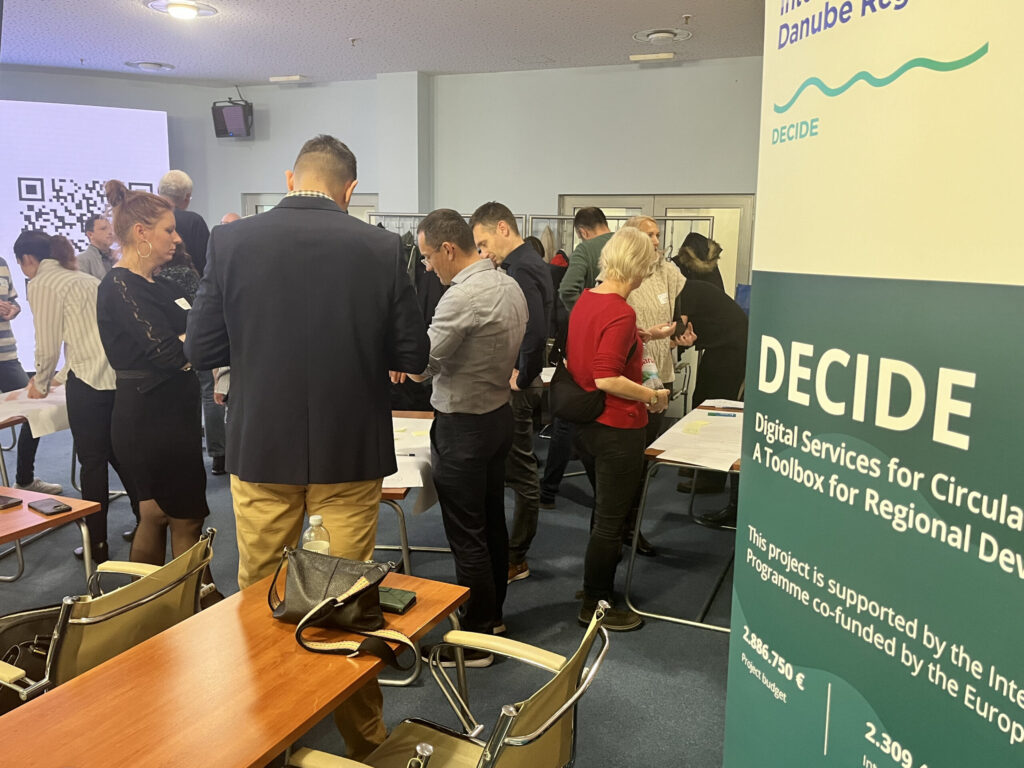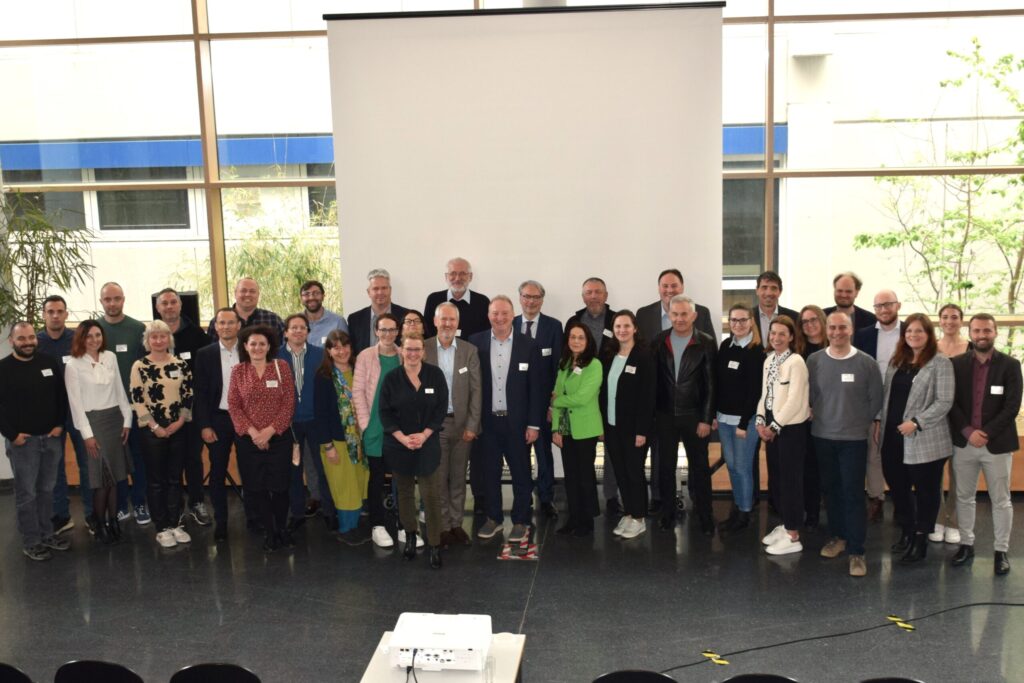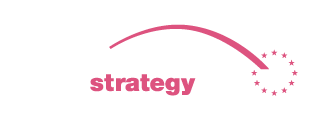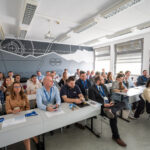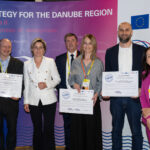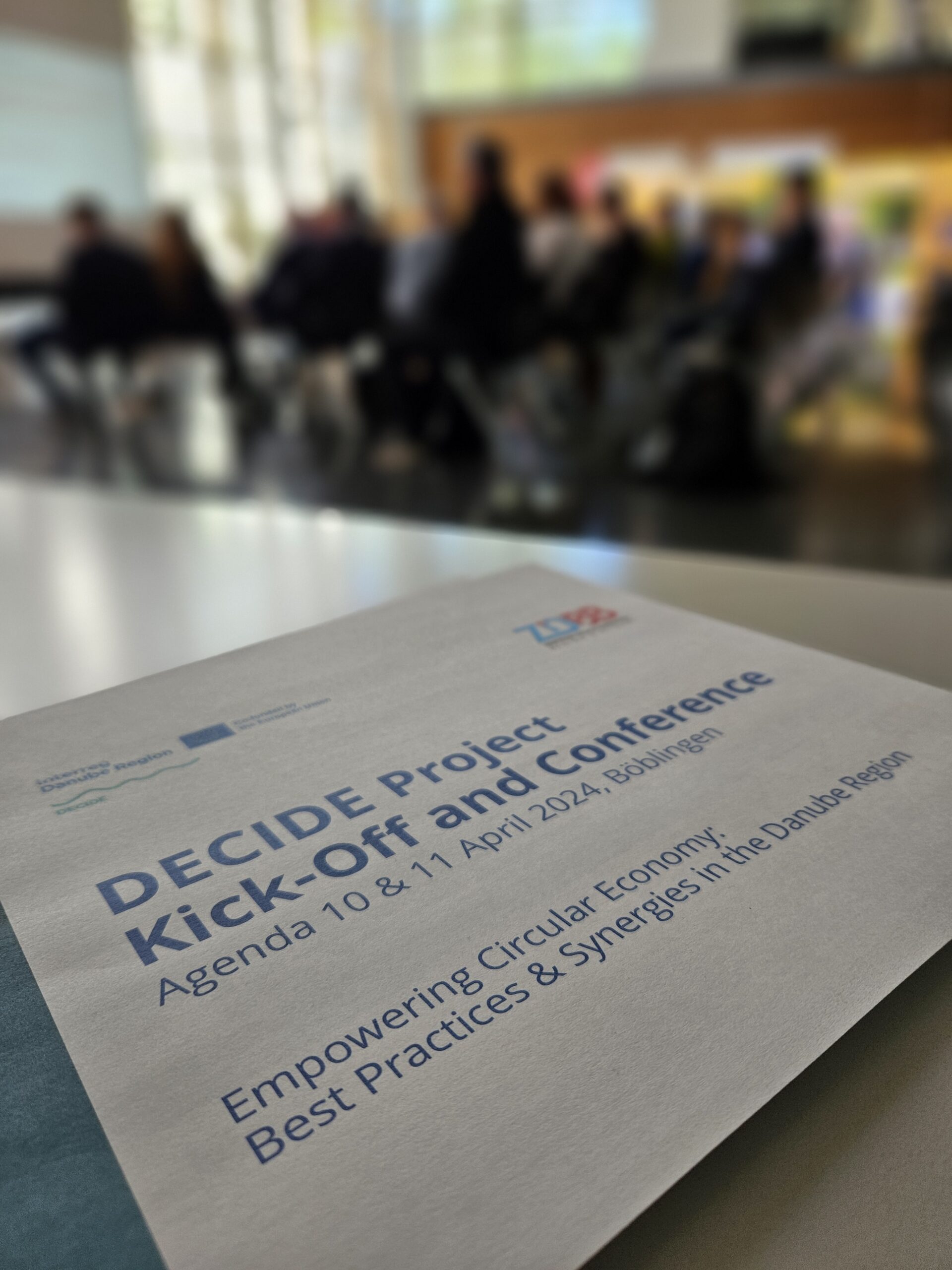Under the Interreg Danube Region Programme, the DECIDE project “Digital Services for Circular Economy – A Toolbox for Regional Developers & SMEs” has successfully completed the first half of its implementation at the end of March 2025. As Danube Strategy Flagship project 2024 DECIDE laid the foundation for the transformation of the circular economy in the Danube region by developing tools for Circular Economy Business Modelling and by establishing Best Practice Showcases. In the second half of the project, the focus will be on developing and implementing further instruments and methods to complete the DECIDE toolbox as well as to raise awareness and knowledge about the importance of circular economy business models in the Danube region.
The DECIDE project focuses on shaping the future of the circular economy in the Danube region, using digitalization, knowledge transfer and collaboration to make sustainable business models accessible and scalable. As a strategic initiative driving systemic change in the region, it has been recognized as an Danube Strategy Flagship Project 2024 to contribute to the economic, social and territorial cohesion of the region and promote sustainability and innovation.
Dr. Claus Hoffmann, CEO of ZD.BB GmbH and DECIDE lead partner, shared his thoughts about the award:
“The recognition underlines the strategic importance of the DECIDE project and highlights the important contribution that the project makes to the circular economy and sustainable development of the Danube Region.”
The DECIDE project is actively connected with two key EUSDR working groups – WG Digital Danube and WG Circular Economy and Bioeconomy – where DECIDE project partners serve as coordinators.
Key achievements in the first year of implementation
The first half of its implementation the DECIDE project focused on completing several key tools and research activities. Transnational and cross-sectoral best practice cases were identified, documented and modelled using the tools and methods of the DECIDE toolbox, which were already available in this early phase of the project:
• Maturity Report & Gap Analysis – An in-depth SWOT analysis identifying challenges, policy gaps, and opportunities for circular economy adoption in the Danube Region. The project aims to understand the unique challenges and opportunities and develop targeted solutions to address them effectively.
• Circular Economy Business Modeller – focuses on developing circular economy business models systematically, addressing gaps in economic evaluation and integrated modelling methodologies. The modeler comprises several subcomponents, the development of which is reported on the DECIDE website.
• Value Chain Generator – a cloud-based AI platform that helps industries identify circular business opportunities and build cross-sector collaborations, integrating a database of 3.5 million companies.
• 30 Business Model Canvases for Circular Economy Business Models – from 10 countries in the areas of food, packaging, textiles, second-life batteries and smart cities to provide a deeper understanding of how circular economy principles are applied in practice, highlighting challenges, strategies, and outcomes.
• 30 Case Studies for Best Practice Circular Economy Business Models – documented by using a project developed 20-dimensional framework that examines reduction, reuse, recycling, and remanufacturing while mapping value chain impacts and scalability
.
• More than 20 Best Practice Showcases for CEBMs –to highlight real-world applications of circular economy models. Standardized poster and presentation templates were developed for this purpose, which are scalable and adaptable across all sectors and can be downloaded from the DECIDE website.
The joint work of the partnership contributes significantly to the achievement of the project results and outputs.
Engaging the Region: Conferences and Knowledge Exchange
To ensure collaboration and knowledge sharing, DECIDE has strategically aligned conferences with partner meetings, maximizing opportunities for engagement.
The events serve as crucial meeting points for collaboration, providing an opportunity for project partners to align on key objectives and discuss the steps in developing circular economy tools and methodologies. The meetings are accompanied by conferences that highlight the importance of integrating digitalization and circular economy practices.
The DECIDE Kick-off meeting and conference “Empowering Circular Economy: Best Practices & Synergies in the Danube Region” was held in Böblingen, Germany, in April 2024. The event took place at the “Centre for Digitisation in the Stuttgart Region – ZD.BB GmbH” bringing together 16 international partners from 10 countries for the first time. In the conference industry experts, policymakers and project partners had the opportunity to discuss innovative strategies to support SMEs and start-ups in adopting sustainable business models aligned with the European Green Deal.
